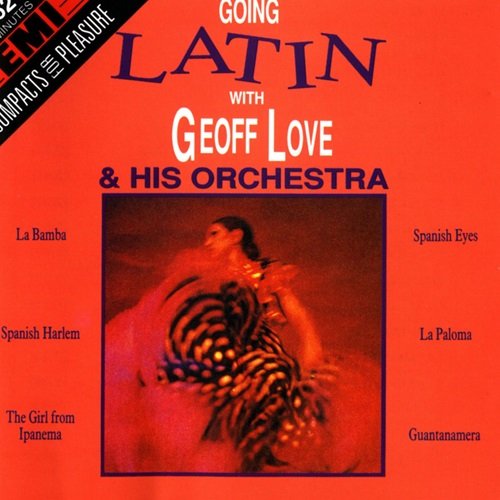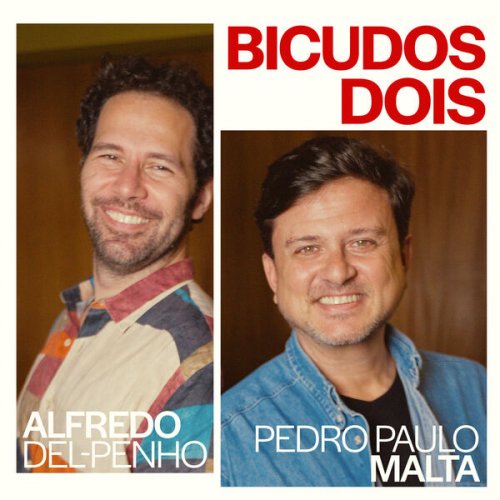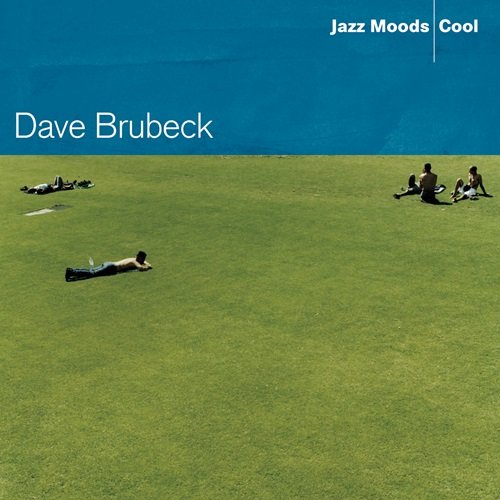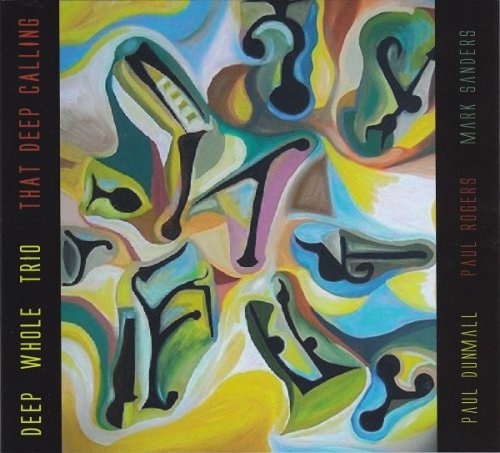Warsaw Philharmonic Choir, Polish Radio Orchestra in Warsaw, Krzysztof Herdzin - Krzysztof Herdzin: Requiem (2024) [Hi-Res]
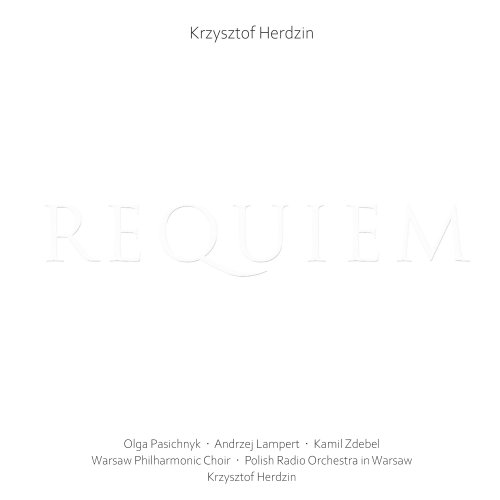
Artist: Warsaw Philharmonic Choir, Polish Radio Orchestra in Warsaw, Krzysztof Herdzin
Title: Krzysztof Herdzin: Requiem
Year Of Release: 2024
Label: CD Accord
Genre: Classical
Quality: flac lossless (tracks) / flac 24bits - 96.0kHz
Total Time: 00:55:20
Total Size: 227 / 850 mm
WebSite: Album Preview
TracklistTitle: Krzysztof Herdzin: Requiem
Year Of Release: 2024
Label: CD Accord
Genre: Classical
Quality: flac lossless (tracks) / flac 24bits - 96.0kHz
Total Time: 00:55:20
Total Size: 227 / 850 mm
WebSite: Album Preview
01. Requiem: I. Introitus
02. Requiem: II. Kyrie
03. Requiem: III. Graduale
04. Requiem: IV. Offertorium
05. Requiem: V. Sanctus
06. Requiem: VI. Pie Jesu
07. Requiem: VII. Agnus Dei
08. Requiem: VIII. Libera me
09. Requiem: IX. In Paradisum
![Warsaw Philharmonic Choir, Polish Radio Orchestra in Warsaw, Krzysztof Herdzin - Krzysztof Herdzin: Requiem (2024) [Hi-Res]](https://www.dibpic.com/uploads/posts/2024-03/1710420643_krzysztof-herdzin-krzysztof-herdzin-requiem-2024-back.jpg)
It is my profound belief that one can discover meaning in life by reflecting on death and the evanescence of our existence. It is only by contemplating death and accepting it that we may find peace of spirit and mind. Such contemplation makes it possible to view death in a different light, to find deeper sense in it, and prepare for its coming. The transition to another dimension, that of eternal life, is a stage that comes as natural to every Christian. This is why my own musical statement about the dead is contemplative in mood, full of hope, optimism, and love. In my Requiem, I have consciously omitted the section known as Dies irae. As its title (‘Day of Wrath’) suggests, this sequence is filled with pain and suffering that accompany a bloody, apocalyptic vision of the Last Judgment. My Kyrie eleison, on the other hand, has been constructed rather untypically (following consultation with a theologian), namely – in the manner of a joyful greeting addressed to the Risen Christ, the victorious King, to whom we offer our thanks and whom we glorify for the reconciliation that he brought about. It is thus conceived as a triumphant acclamation, as homage and adoration, the way it functioned in the original liturgy, though in our present-day tradition this call is normally understood as a grave and sorrowful supplication for mercy rather than an act of adoration. Krzysztof Herdzin. Translation: Tomasz Zymer...
![Paul Mauriat - Après toi (1972) [Hi-Res] Paul Mauriat - Après toi (1972) [Hi-Res]](https://img.israbox.com/img/2025-12/19/7apc8ramq91sp9mgfuj4lcflg.jpg)


![Clifton Chenier - Live at the San Francisco Blues Festival (Live) (1985) [Hi-Res] Clifton Chenier - Live at the San Francisco Blues Festival (Live) (1985) [Hi-Res]](https://img.israbox.com/img/2025-12/20/1okh4wxr3ose6s79w4nxw7vzi.jpg)
![The Mood Mosaic - Acid Maestro (Morricone's Cosmic Funk Legacy) (2025) [Hi-Res] The Mood Mosaic - Acid Maestro (Morricone's Cosmic Funk Legacy) (2025) [Hi-Res]](https://www.dibpic.com/uploads/posts/2025-12/1766134708_dkymenaq6pxqa_600.jpg)
